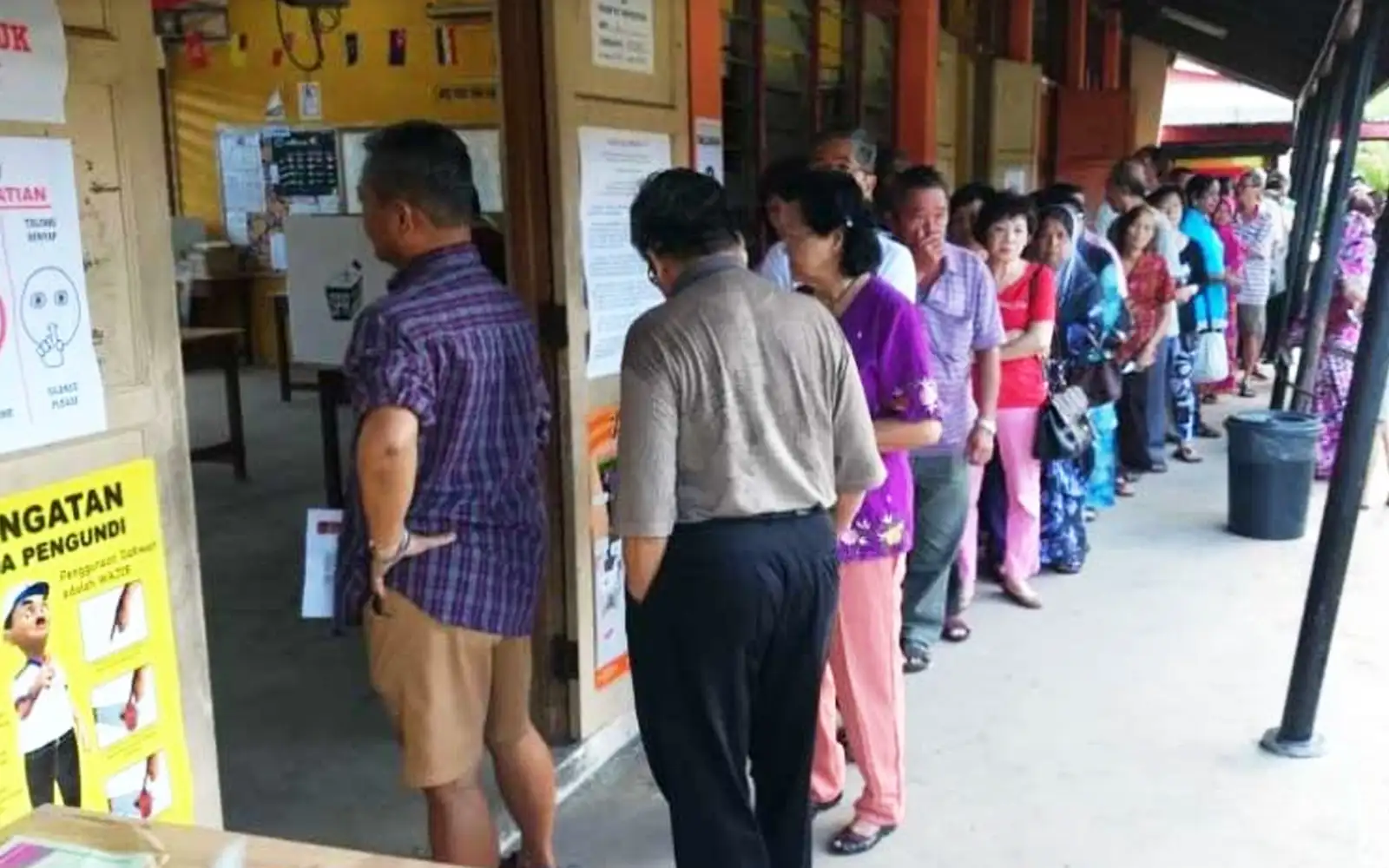
Mazlan Ali of Universiti Teknologi Malaysia said that in 2014, DAP placed a Malay candidate in the Teluk Intan by-election, whereas Barisan Nasional placed a Chinese candidate and won the seat by 138 votes.
Mazlan said that in a rural area like Kuala Kubu Baharu, the mindset of the Chinese was different from that of the Chinese in urban areas. Rural Chinese voters were more close-minded compared to their urban counterparts, he said.
“Hence, I believe it’s somewhat risky if DAP fields a Malay candidate,” he said, in response to a report that a Malay candidate is expected to be the choice of the ruling coalition in the unity government.
Kuala Kubu Baharu, a Selangor state assembly seat, fell vacant with the death of three-term assemblyman Lee Kee Hiong on March 21. No date has been fixed for the by-election.
The constituency has a mixed electorate comprising 50% Malay voters, over 30% Chinese voters, and 18% Indian voters.
Mazlan said some 20% to 30% of Malays would back Pakatan Harapan, adding that it was this group of moderate Malays that had helped DAP secure victory in the seat.
“So by fielding a Chinese candidate, DAP would be able to retain its support from both Chinese and Malay supporters. But if DAP decides on a Malay candidate, it would reduce its Chinese votes,” he said.
He also expects some protest votes for Perikatan Nasional (PN) if the opposition nominates a Chinese candidate.
However, Azmi Hassan of Akademi Nusantara said if DAP fielded a Malay candidate, it would be able to pull some Malay voters from PN.
He also said that fielding a Malay candidate could woo Umno supporters to back a DAP candidate, noting that despite the two parties being allies in the current government, their grassroot members were still apprehensive about each other.
“The support from Umno voters, even though not 100%, might be way better compared to fielding a non-Malay DAP candidate,” Azmi said. - FMT
No comments:
Post a Comment
Note: Only a member of this blog may post a comment.